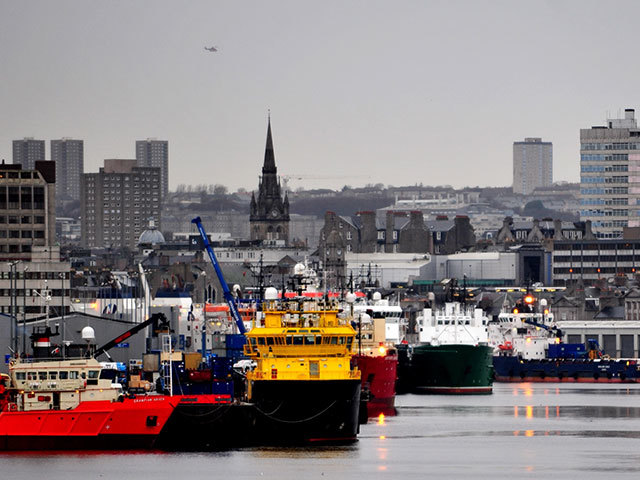
Optimism in the North Sea is continuing to decline, according to industry body Oil and Gas UK.
The Q1 2014 Business Sentiment Index reveals today that while the industry’s optimism is at six points above zero on the -50 to +50 index.
The index captures a snapshot of the industry mood and measures a number of economic indicators, including business confidence, activity levels, business revenue, investment and employment.
Although the first index of this year still remains within positive territory overall, the decline continues the downward trend in optimism seen over the last four quarters.
The low levels of drilling, and cost pressures caused by; increasing operating costs, the tight labour market, and changes to the industry’s fiscal environment may have contributed towards a dampening of optimism in the industry.
Oonagh Werngren, Oil and Gas UK’s operations director, said: “Whilst the mood of the industry remains positive, those in the sector recognise there are underlying problems that need addressing.
“Namely, rising operating costs and a current decline in exploration.
“We were pleased to hear that there was been such a strong response to the latest licensing round issued by the Department of Energy – with 173 applications for 370 blocks.
“Our focus now must be on realising the potential of that new acreage and drilling of more exploration wells to recover the resources our country vitally needs.
“If the current rate of investment is sustained, we believe that there is real hope for the long term future of this industry as the UK Continental Shelf has the potential to secure up to a further 24 billion barrels of oil equivalent (boe) – with our industry taking active steps to recover those resources beyond 2050.”
Oil and Gas UK boss Malcolm Webb told the UK Government earlier this week that fiscal stability and predictability were needed to help the sector recover.
“We have this paradox with significant capital investment in a number of good projects, and then we have exploration on the floor and a very significant cost challenge,” he said.
“All of that adds up to the fact that an industry which needs to be competitive on a global stage quite frankly isn’t at the moment.”
Recommended for you
